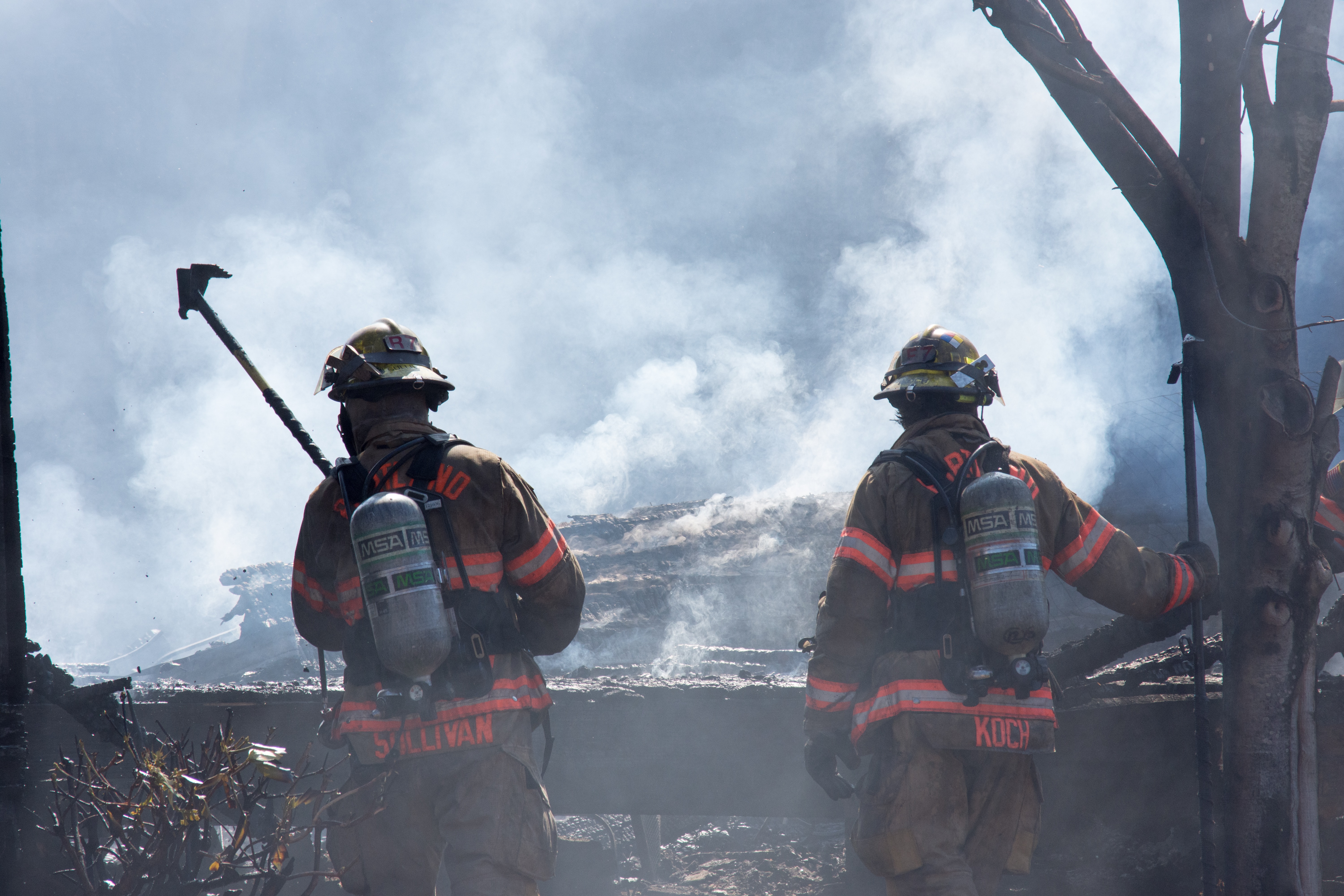Study finds only one-third of HPV cancer survivors know the virus caused their cancer
By Pamela Tom

A few years ago, 51 year-old Bruce* contacted HPVANDME because he survived HPV-related throat cancer and wanted to share his story. He hoped to help other men (and women) understand what it is like to undergo treatment and the importance of early detection.
However he called back and said he would not be able to help after all. Bruce’s fellow firefighter also battled HPV oropharyngeal cancer. Their friends and colleagues knew they had fought the same kind of cancer. Bruce said that the other firefighter didn’t want anyone to know that his cancer was caused by HPV, the human papillomavirus.
It’s unclear whether Bruce’s friend knew that HPV is the most common sexually transmitted infection. And maybe he wasn’t aware that the HPV vaccine is safe. The latest HPV cancer news reveals that HPV knowledge matters when it comes to a cancer survivor’s decision to become a public advocate.
HPV Cancer News: When Survivors Are More Likely to Become Cancer Advocates
According to new research, cancer survivors are more willing to serve as opinion leaders and peer mentors and to encourage HPV vaccination when they know that HPV caused their cancer, and believe that the HPV vaccine is safe.
The study, “Knowledge matters and empowers: HPV vaccine advocacy among HPV-related cancer survivors,” published in Supportive Care in Cancer (September 6, 2019) is co-authored by Clinical Studies Supervisor Zeena Shelal; Instructor Dalnim Cho; Dr. Lois M. Ramondetta, Dept. of Gynecologic Oncology and Reproductive Medicine, at The University of Texas MD Anderson Cancer Center, and five others**.
About the Research
The researchers conducted an online survey with 200 HPV-related cancer patients at the MD Anderson Cancer Center in Houston, TX. The sample group consisted of 71 percent oropharyngeal cancer survivors; 26 percent gynecologic cancer survivors; and three percent anal or penile cancer survivors. The majority of participants: 61 years or older, white, and male.
The survey asked survivors whether they knew that their cancer had been caused by HPV and whether a doctor confirmed the connection. Only 33% of the participants reported knowing that their cancer was HPV-related.
Dr. Ramondetta says in her experience, only about half of her (female) patients ask what caused their cervical cancer because people already associate cervical cancer with HPV. In addition, the virus’ presence does not affect the recommended treatment protocols.
“When my patients are diagnosed with cancer, they are overwhelmed and thinking more about mortality and morbidity,” says Ramondetta. “Maybe some physicians think the cause isn’t so important as there is nothing that can be done about the HPV infection at that point.”
In 2015, HPV oropharyngeal cancer cases surpassed incidents of cervical cancer. As a result, head and neck specialists may now be more likely to explain the HPV connection to patients. In order to determine the best treatment and monitor progress, oncologists and otolaryngologists distinguish between head and neck cancers that are related to HPV infection versus cancers caused by smoking or alcohol use.
The findings suggest that increasing patient knowledge about the connection between HPV and cancer encourages more patient advocacy and peer mentorship work. Furthermore, those survivors who considered the vaccine safe said they would be more willing to recommend the HPV vaccine.
Survivors as Advocates
Thankfully, survivors can be powerful contributors when it comes to educating others about different types of cancer. Breast cancer (Robin Roberts, Gloria Steinem, Jane Fonda, and Betty Ford) and prostate cancer (Ben Stiller, Jerry Brown, Colin Powell, and Roger Moore) rank among the most common types of cancer once considered unmentionable, until well known people spoke up and normalized the cancer conversation. Every type of cancer now appears to be OK to discuss widely without reserve—except HPV-related oropharyngeal cancer.
Let’s be clear: HPV is a virus and nothing to be ashamed or to be embarrassed about. Haven’t we learned that after the HIV/AIDS crisis?
HPV throat cancer continues to rise in numbers. By acknowledging this cancer, we will help:
- Prevent HPV infection in future generations
- Educate patients on how to recognize early symptoms of cancer
- Raise funding for research
- Influence policy decisions regarding HPV vaccination
And, allow more HPV cancer survivors to speak out without fear of sneers, and without judgment.
Notably, with an 85 to 90 percent survival rate over five years if caught early, HPV oropharyngeal cancer can produce more survivors than fatalities.
Learn About HPV
HPV is the most common sexually transmitted infection (STI). The CDC says 79 million Americans are infected and 14 million are newly infected every year; yet many still consider HPV to be taboo.
The study’s authors suspect that, “a lack of public knowledge about the ubiquitousness of HPV exposure, barriers to screening and prevention (especially among underserved populations), and overt stigma associated with HPV infection are impediments to a large HPV advocacy platform.”
“If 80 percent of the population gets HPV, then it’s part of human nature,” says Dr. Ramondetta. “We want physicians to normalize HPV infections. Every HPV cancer diagnosis should be associated with a discussion about HPV vaccination as prevention.”
Those surveyed cited a wide range of reasons for declining advocacy opportunities from side effects from cancer treatment and uncertainty about their HPV cancer status to a lack of interest or time. The good news: more than one-third of the study’s participants showed a willingness to become future advocates for HPV vaccination.
Visit hpvandme.org for the latest HPV cancer news.
__________________
* Fictitious name
**Co-authors:
– The University of Texas MD Anderson Cancer Center: Diana Urbauer, Qian Lu, Anna M. Rohrer, Shiney Kurian, Erich Sturgis
– Gateway to Care: Bridgette Y. Ma
